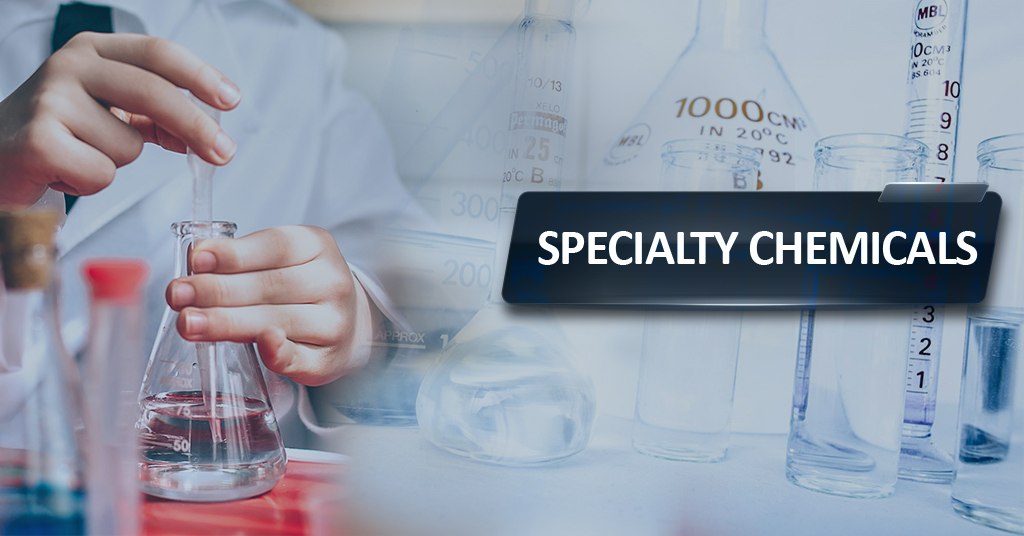Welcome To ChemAnalyst

Reshoring, once the subject of discussion but little action, is now being acknowledged by the US businesses, with at least one executive expressing excitement about the potential movement of crucial supply lines away from countries like China.
Chinese and American port representatives gathered in Long Beach, California, to talk about bilateral collaboration in light of the continued problems with the world's supply chains. The Long Beach-Qingdao Association (LBQA), which was founded in 1985 with the goal of fostering communication and commerce between Long Beach (the USA) and Qingdao (China), served as the meeting's host. The Chinese consul general in Los Angeles emphasized that the global supply chain has evolved over the years into a symbol of economic globalization and a key element of the global economy, playing a significant role in expanding economic connectedness, integration, and growth. The panelists also concurred that even though US-China supply chain sustainability cooperation is a top priority, there is still a lot more work to be done.
Since China has become a "manufacturing powerhouse" that provides the world with high-quality, expertly crafted, affordably priced nutraceutical products and Active Pharmaceutical Ingredients like Vitamin B12, Vitamin B2, Vitamin C, Melatonin, Glucosamine, etc., there is much to admire and learn from China. Although it has been long discussed, relocating production lines closer to the US and Europe was rejected as being too expensive and time-consuming. For a number of reasons, including global supply-chain bottlenecks, rising e-commerce, geopolitical pressures, export restrictions, and a spike in the cost of several nutraceuticals, APIs, and food chemicals, the pandemic turned a large portion of the chin-scratching into construction spending.
The US is now requiring the Food and Drug Administration (FDA) to identify pharmaceutical products that use APIs annually and other ingredients and inputs sourced directly or indirectly from China and to develop alternative sourcing arrangements, including maximizing the production of such products domestically or from reliable nations.
According to one of the industry experts, "The two countries have a wide variety of shared interests, and there is a huge opportunity for stronger trade and economic connections." He further added that the two nations should work together to stabilize the global supply chain and support the steady recovery of the worldwide economy.
We use cookies to deliver the best possible experience on our website. To learn more, visit our Privacy Policy. By continuing to use this site or by closing this box, you consent to our use of cookies. More info.
